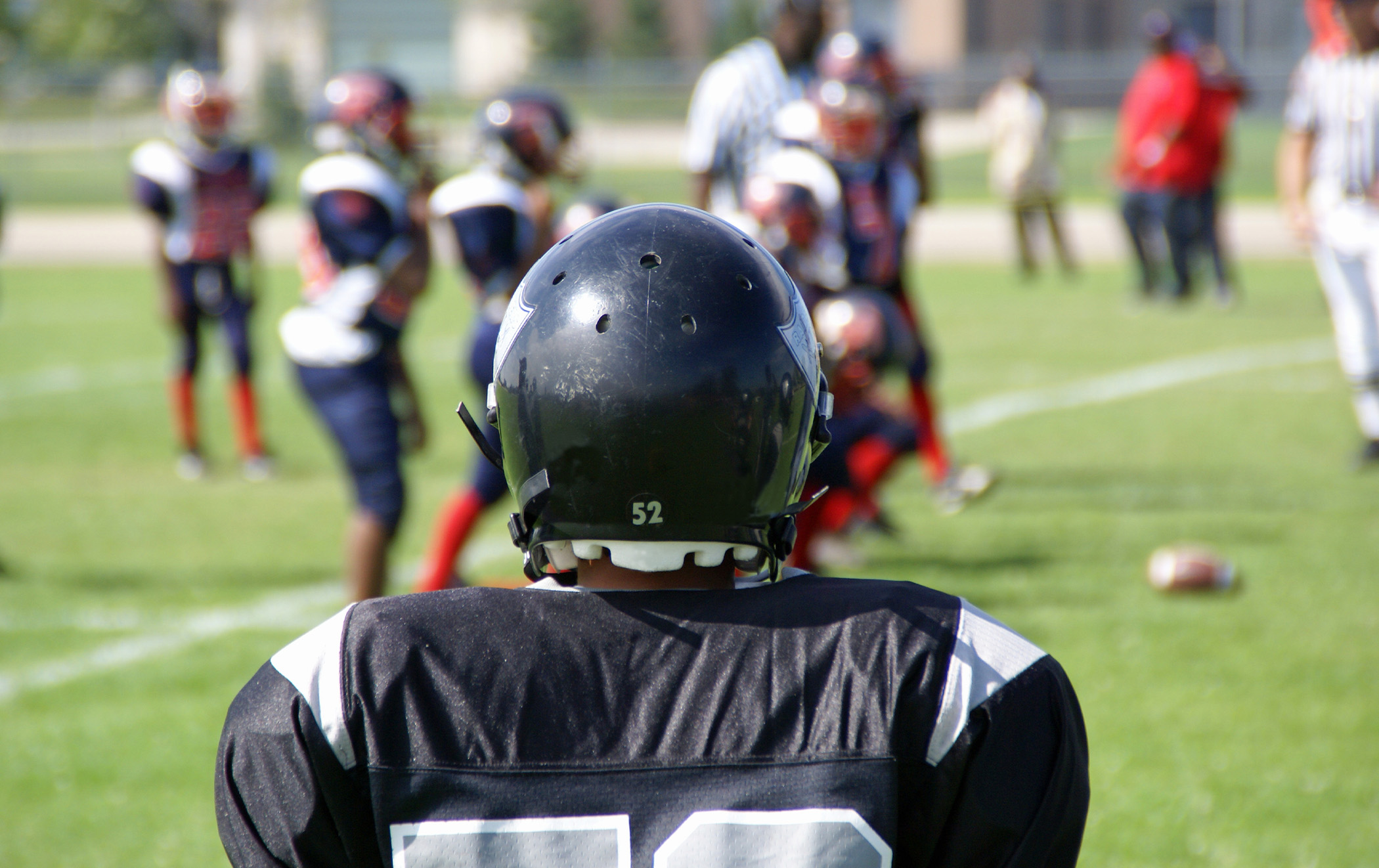“When I was a child,” St. Paul wrote to the Corinthians, “I spoke as a child, I understood as a child, I thought as child.”
“But when I became a man, I put away childish things.”
It’s a good meditation for parents and coaches in youth sports. Too many of the adults in charge see the game as a child should, and instead of putting away childish things, sometimes they pull out a gun.
Parents and coaches (fully grown adults) at a recent football game in Lancaster, Texas, for 9-year-olds began fighting at some point in the fourth quarter. Referees’ calls were apparently an instigation, and according to some coaches, it was simply about parents who were upset their team was losing.
When the fight got physical, coach Yaqub Talib, 39, pulled his gun and shot opposing coach Mike Hickmon, who later died.
Talib is a repeat offender, on probation and barred from carrying a firearm. Because his brother (and fellow coach) Aqib Talib was an NFL player, this could become a story about a felon coaching youth sports. Because it was a shooting in Texas, it will become a story about lax gun laws or enforcement.
But it is also a story about a country that has no idea what youth sports are about.
Little League, pee-wee football, children’s basketball, and youth soccer are great institutions. Part of what makes them great is something of a trick. Children, by age 9, try like crazy to score, to hit, to catch, and, ultimately, to win. This pursuit of childlike glory and success, in turn, builds adult-like virtues: fortitude, generosity, obedience, patience.
For it all to work, the adults need to be in on the “joke” here. We keep score, we call balls and strikes and off-sides, and we prod the children to overcome their obstacles not because winning actually matters, but because it’s the pursuit of winning that draws the best out of them — who are not in on the joke.
But youth sports in America are increasingly not about building virtues, but about the sports themselves. Some of it is hard-nosed pragmatism: parents seeking scholarships. Most of the problem is adults not realizing the “trick” is a trick. Coaches and parents hold on to the childish thing — specifically, believing that it matters who wins a pee-wee football game. Thus we get the professionalization of youth sports, sprouting thousand-dollar elite travel teams and emaciating the local recreational leagues.
In 99% of cases, this simply means burnout or a youth sports team that fosters vices rather than virtues. But sometimes, this confusion over what we’re doing on the field proves fatal.








